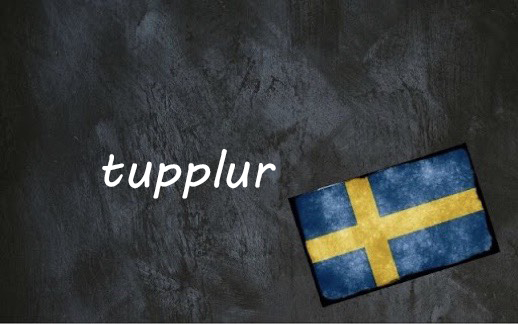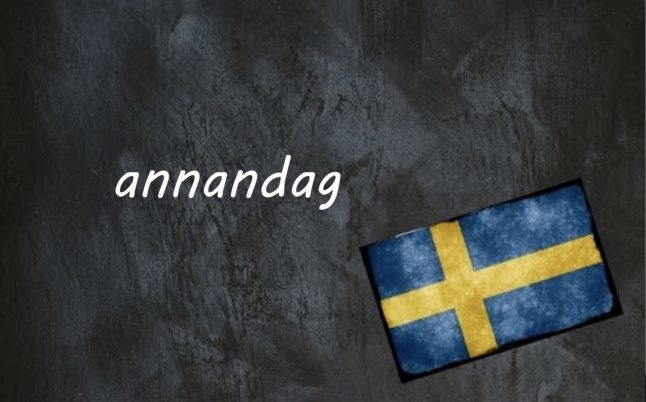A rooster isn’t associated with sleeping but with waking up. In Swedish, however, the word for ‘nap’ or ‘siesta’, tupplur, has a rooster in it, a tupp. It also has a bit of trickery in it, as the second part of the word tupplur, lur is the same as in luras – ‘to trick’.
Though the inclusion of a rooster in a word for a nap might not seem logical at first glance, we can assure you that it is. How, you ask?
Well, who needs a nap more than a rooster?
Roosters are known for not getting much sleep, as they are always watching over their flock, mating or apparently working on the cohesion of the flock (yes, supposedly roosters are good at keeping the peace in a flock of hens). The point is that they are super-busy and do not get much rest. Sometimes they even take naps standing on one leg, so they are ready to go if something threatens the flock. (Have a look on Youtube for videos of roosters defending their flocks, they are tough and fearless.)
And that is interesting because of another meaning of lur.
Att ligga på lur means ‘to lie in ambush’. So does taking a tupplur imply not being fully asleep? Hardly, but it is interesting that a word for napping is also a word for lying in ambush.
Although there is little trickery or ambushing going on when Swedes take a tupplur, the presence of napping in Swedish culture is a bit of an oddity, nonetheless.
Despite what you might expect from the Lutheran values of hard work and the like, today you can find sleeping rooms in many workplaces in Sweden.
This is indicative of a growing culture of not overworking oneself, as Sweden suffers from a growing problem with utmattningssyndrom (‘fatigue syndrome’) or utbrändhet (‘burn-out’).
Are you burning the midnight oil a bit too often?
Try telling your colleagues that you are going for a tupplur. They will understand.
Example sentences
Du, jag är lite trött. Jag tar en tupplur.
You know, I’m a bit tired. I’m gonna take a nap.
Är du nyvaken eller? Ah typ, jag tog precis en tupplur.
Did you just wake up? Well, sort of, I just had a nap.
Villa, Volvo, Vovve: The Local’s Word Guide to Swedish Life, written by The Local’s journalists, is now available to order. Head to lysforlag.com/vvv to read more about it. It is also possible to buy your copy from Amazon US, Amazon UK, Bokus or Adlibris.



 Please whitelist us to continue reading.
Please whitelist us to continue reading.
Member comments